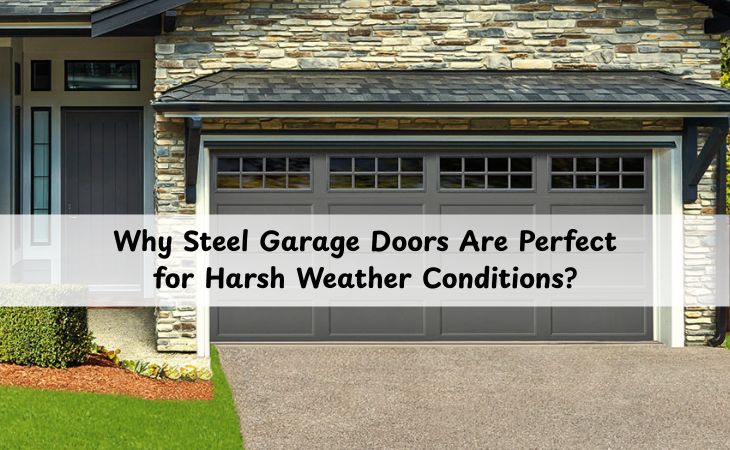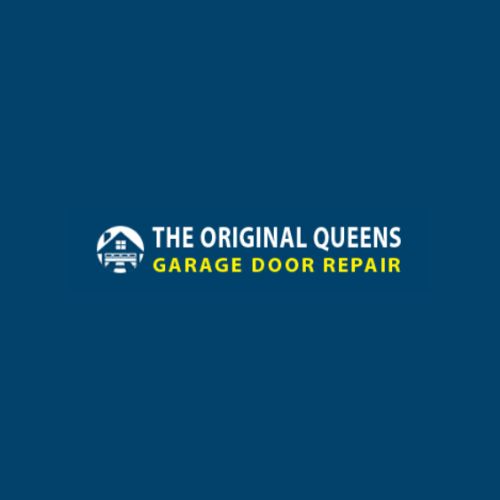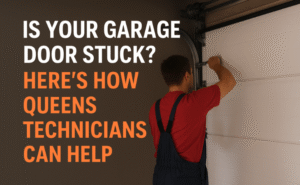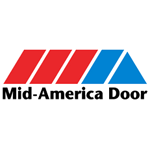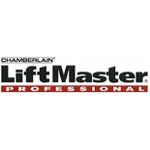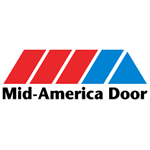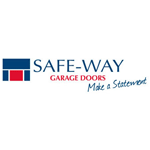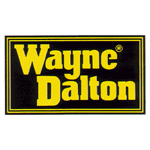Your garage door is one of the most exposed parts of your home. Rain, snow, wind, UV rays, humidity, freezing temperatures—all these elements take a toll. For homeowners in Queens (and homes everywhere), choosing the right material for your garage door isn’t just about looks. It’s about resilience, safety, energy efficiency, and long‐term value.
Steel garage doors, especially when paired with Professional Garage Door Installation, offer many advantages that make them well-suited for harsh weather. In this post, we’ll explore what makes steel doors a smart choice, the features to look for, how to maintain them, and why they may save you money (and headaches) down the road.
What Makes Steel Garage Doors Weather-Resilient?
Below are the key reasons steel performs so well under tough environmental conditions:
- Strength & Structural Durability
Steel is naturally strong. It resists warping, cracking, rotting, or splitting—the kinds of damage that often afflict wood or less sturdy materials when exposed to moisture or extreme temperature swings. - Weather-Resistant Coatings
To protect against rust and corrosion, modern steel doors often come with:- Galvanisation (zinc coating) that acts as a barrier to moisture.
- Baked-on or powder-coated finishes that resist UV fading, peeling, or rust.
- Insulation Options
The steel itself isn’t a great insulator, but when steel panels are constructed with insulated cores (polystyrene, polyurethane, foam), the door can maintain internal temperatures more effectively—keeping heat out during summer, and preserving warmth during winter. - Sealing and Tight Fit
Good steel garage doors are designed with proper weather stripping and seals to minimize water infiltration, drafts, and wind-pressure damage. Seals under the bottom section and around the edges are critical in stormy or windy environments. - Resistance to Rot, Pests, and Humidity
Steel does not absorb moisture like wood does. Therefore steel doors are not vulnerable to rot, warping, or insect damage—these are common issues with wood in humid or very wet climates. - Fire & Wind Resistance
Steel doors can often be rated for fire resistance (or at least non-combustibility), and many models are designed to hold up under heavy wind loads. During strong storms or severe weather, these features make a big difference in safety and longevity.
How Steel Doors Compare with Other Materials in Harsh Conditions
| Material | Weaknesses Under Harsh Weather | How Steel Avoids / Mitigates These Weaknesses |
| Wood | Prone to warping, rot, insect damage, swelling with moisture, cracking in heat or cold. | Steel doesn’t absorb moisture; protective coatings prevent rust; strength holds shape. |
| Aluminum | Lightweight and resists rust, but dents more easily; can warp or bend in high winds; less fire resistance. | Steel is sturdier, less prone to impact damage; much stronger under stress. |
| Fiberglass | Can be brittle in very cold or rigid conditions; may crack under impact; less strong vs. high-wind forces. | Steel’s stronger structure gives better resistance to impact and wind; duplicatable finishes mimic wood without wood’s disadvantages. |
What Features to Look for (Especially in Queens)?
Not all steel garage doors are created equal. For homes that face harsh weather storms, snow, salt (if near coast), freezing winters these are the features you should insist on:
- Thicker Gauge Steel: Thicker steel is less likely to dent or bend. Gauge 24, 22, or better depending on exposure.
- Galvanised or Rust-Resistant Coating: Zinc layers, powder coating, or similar treatments to prevent rust.
- Insulation Core / Double or Triple Layer Panels: Helps manage temperature swings and reduces noise.
- Wind-Rated Construction: Reinforced panels and struts to resist gusts and pressure from high winds.
- Weather Seals: Bottom sweep, edge seals, and header seals to stop water, snow, or cold air infiltration.
- UV-Resistant Finishes: To prevent fading and deterioration under sun exposure.
- Proper Installation: Even the best door fails early if not properly fitted, aligned, or balanced.
Benefits for Queens Homeowners
Here’s why steel garage doors are especially suited for Queens homes:
- Snow, Ice & Winter Cold: Steel resists damage caused by moisture freeze/thaw cycles better than wood, and with good insulation, the garage remains more comfortable.
- Rain & Humidity: Queens gets its share of wet weather. Steel doors with galvanisation or rust-proof finishes can withstand moisture without rotting.
- Salt Exposure in Coastal Areas: If you’re closer to the coast or near salted roads, steel doors that are protected resist corrosion.
- Storms & Strong Winds: Reinforced steel models can hold up under wind pressure and impact.
- Energy Savings: With proper insulation, a steel door helps reduce heating/cooling loads (especially for garages attached to the house).
Potential Drawbacks & How to Mitigate Them
To be balanced, every material has trade-offs. Here are known drawbacks for steel doors + what you can do about them:
| Drawback | Mitigation |
| Rust from scratches or chipped paint | Inspect and touch up paint or coatings, especially where damage occurs; use rust-inhibiting primer if needed. |
| Dents from impact | Choose thicker gauge; avoid parking obstacles too close; reinforce sections if needed. |
| Poor insulation if door is uninsulated | Go for insulated steel doors; add insulation kits; ensure good seals around edges. |
| Noise | Insulation layers help dampen sound; use quality rollers/hardware. |
| Weight | Steel doors are heavier ensure opener and springs are rated; professional installation so hardware is adequate. |
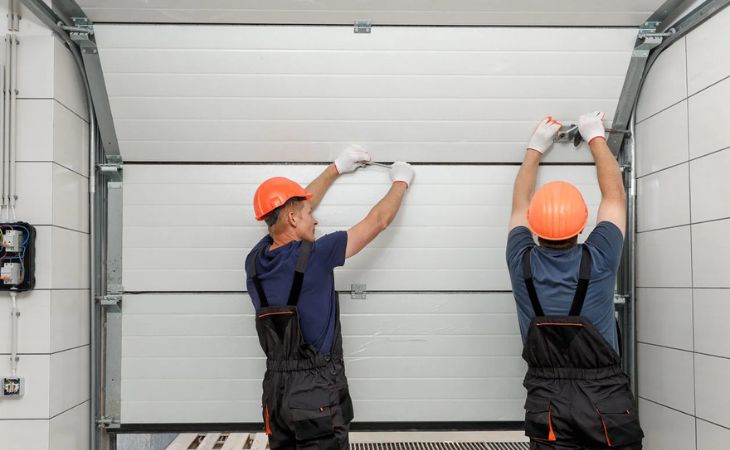
Maintenance Tips for Longevity
To get the full benefit of a steel garage door in harsh weather, you’ll want to stay on top of simple maintenance:
- Clean regularly – wash off dirt, salt, debris, which can degrade protective coatings.
- Inspect coatings – check for chips, scratches, and rust spots. Prompt touch-ups will prevent further damage.
- Lubricate hardware – hinges, rollers, springs; helps with cold temperature stiffness.
- Check weather-stripping – at the bottom, sides, top; replacing worn seals stops drafts, water infiltration.
- Balance & alignment – misaligned tracks or sagging panels mean wind or snow load won’t be handled properly.
- Professional tune-ups – annual inspection keeps springs, hardware, and opener in good shape.
Real-Life Examples & Case Studies
Including some examples (local or hypothetical) makes this more engaging:
- A Queens’s homeowner replaced their old wooden garage door after repeated damage from snow/ice buildup. The new insulated steel door held up through multiple snowstorms with no warping or moisture damage.
- Another home near the coast suffered rust issues on an untreated steel door. After switching to a galvanized & powder-coated steel door, and doing regular cleaning, the corrosion has been minimal even after exposure to salt air.
- Homes with garages used as workshops noticed that insulated steel doors help maintain more stable interior temperature, making winter mornings less painful and reducing heating costs.
Conclusion
If you live in Queens, or anywhere that sees its fair share of weather storms, snow, rain, sea air, cold winters a steel garage door is often one of the smartest choices you can make. It combines strength, durability, low maintenance, and protection in a way many other materials can’t match. While no door is truly maintenance-free, steel doors do much more with less effort.
At Queens NY Garage Door Repair, we specialize in helping homeowners choose, install, and maintain steel garage doors that are built to withstand our climate. If you’re considering upgrading, want help picking the right door, or need maintenance on your existing one give us a call or request a free consultation. We’d love to help you protect your home and your investment.

